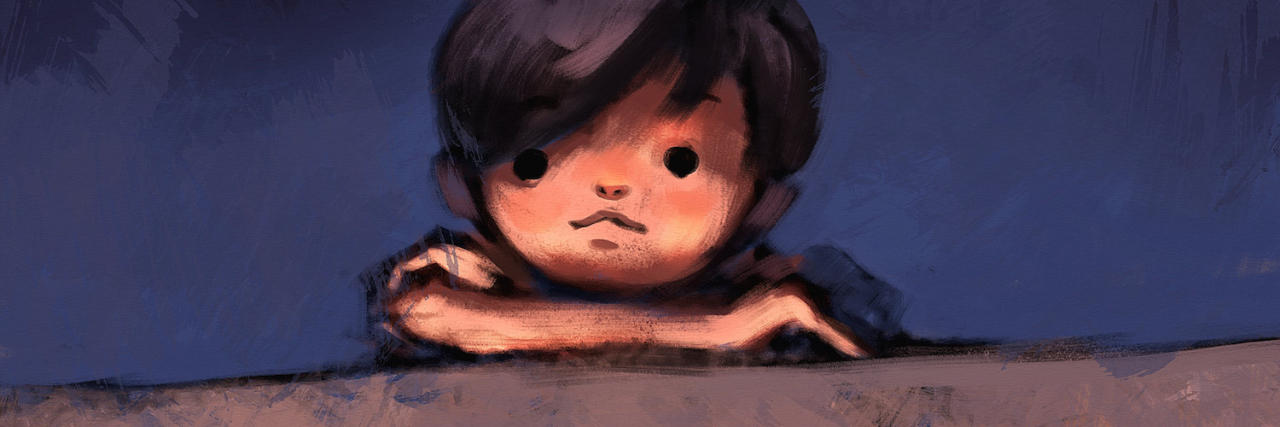I am sitting at a dinner for a cousin I barely know, on a branch of my family tree I scarcely like, and while I am 27 years old, I am somehow a child again. I have already had a conversation with a relative who spent the entire time looking over my head for anyone else to talk to, and he dropped me like a bad habit when he found greener pastures. Another relative expressed such disbelief at my impending cross country move that her only response is, “how will your mother handle it?” To reiterate, I am 27 years old, I have a Bachelor’s degree, a Juris Doctor, and I’m working on my second postgraduate degree. I lived, learned and loved independently. I am a talented writer, filmmaker and public speaker. I can and do repeat all of my accomplishments and strengths in my head, to try and remind myself that I am a real person with value and potential. I will tell myself that I am an equal.
It doesn’t help.
It seems I am who I have always been to them — an insignificant, tragic invalid. The fact that I am wearing my signature, sweat-stained baseball cap emblazoned with my alma mater does not stop their slow cautious cooing. Describing my jobs does not stop the slow nodding and sympathetic, “good for you, sport” smiles. In turn, it does not stop the negative feedback loop of shame and embarrassment, because the truth is, I have not done enough to combat these stereotypes. I am still dependent on family for care and housing. What good would it do to tell them of the money I’m saving during grad school? They see the current situation and they have all the information they need to assess my lot in life and my value as a person: heartbreaking and none, respectively. They mourn me to my face and there is nothing I can do about it.
It is now in vogue in the disabled community to say this type of pitying behavior is fading, and we are being seen as equals. True enough, the habit of assuming intellectual disabilities automatically exist alongside physical disabilities is dying. However, something else seems to be replacing it — a cratered expectation that a person with a disability is so thoroughly incapable of leading a contributing life that they are humored in any pursuit on which they embark, which is ultimately treated as frivolous or fruitless. This in turn leads to two equally damaging outcomes. Either the person internalizes the lowered expectations and is unable to see themselves advancing or achieving, or they develop a complex about their outward appearances and a constant need to justify themselves as even a base level person.
It is the choice between two versions of the same fear: the fear that I am not enough. Either I am not enough to handle my life, or I am not enough to validate myself to others. This weight, which begins as a vague kind of pity, grows into a punishing pressure on the psyche. Every decision is considered and reconsidered, from choice of career on down to choice of shoes. Everything contributes to an image and everything either feeds or combats the lowered expectations. There is no room for error, though perhaps there is no room for advancement either. Perhaps these expectations will always be embarrassingly low.
This is the part where I’m supposed to tell you that you should ignore these people, tune out their pity, and live by your own designs. “F*** the haters,” you’ll shout and I’ll want to agree. But in my experience, it doesn’t really silence that voice that says, “They’ll never see you as an equal,” and more importantly, it doesn’t take away the sting of that realization. Learning to live with a bias or a stereotype does not take away the pain it causes. Sure it makes you more equipped to handle it, but it is still there and every once in a while, it can still cut deep enough to bring your defenses crashing down.
Sometimes you just end up feeling like a child again.
Getty image by Archv.

